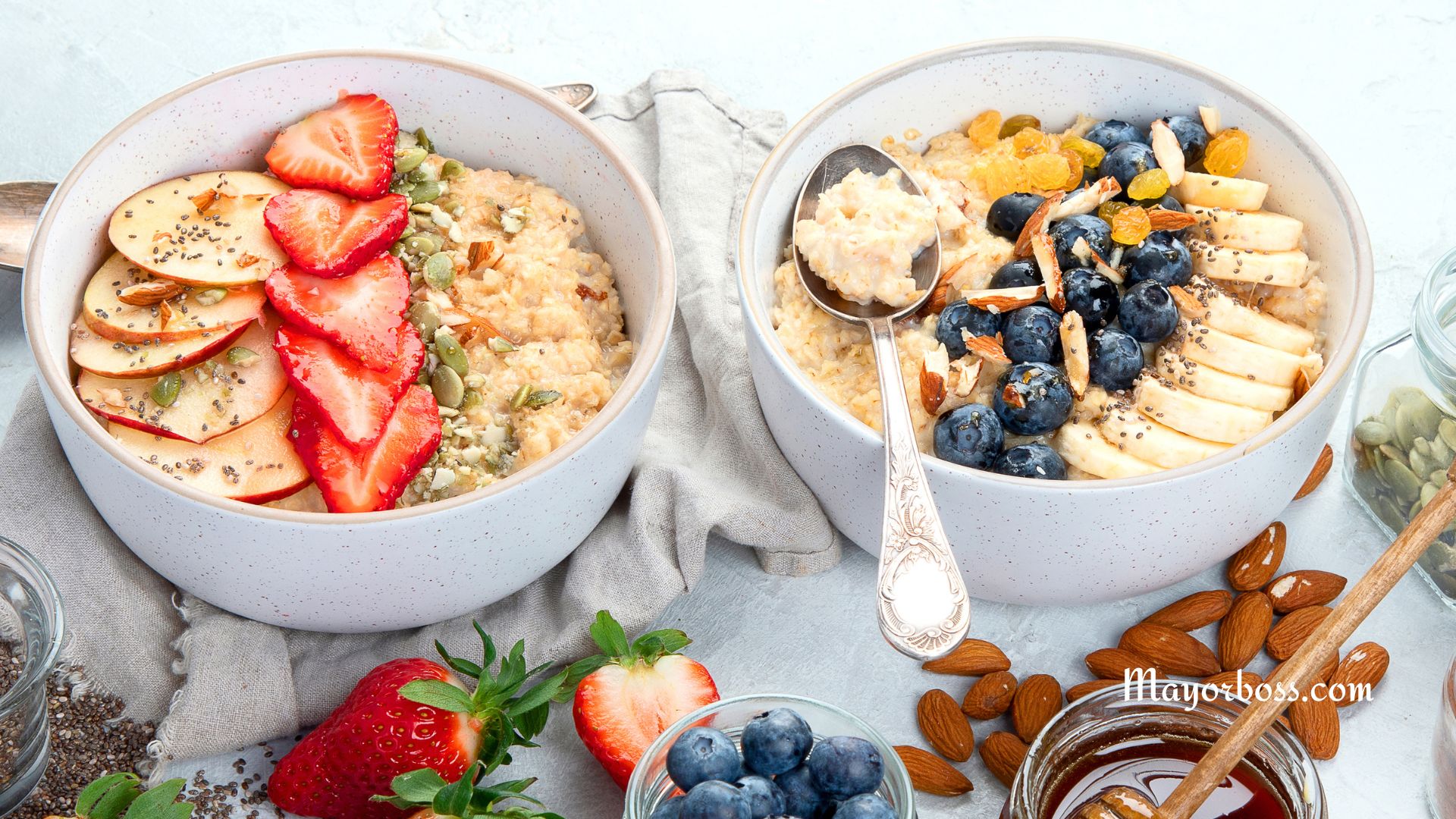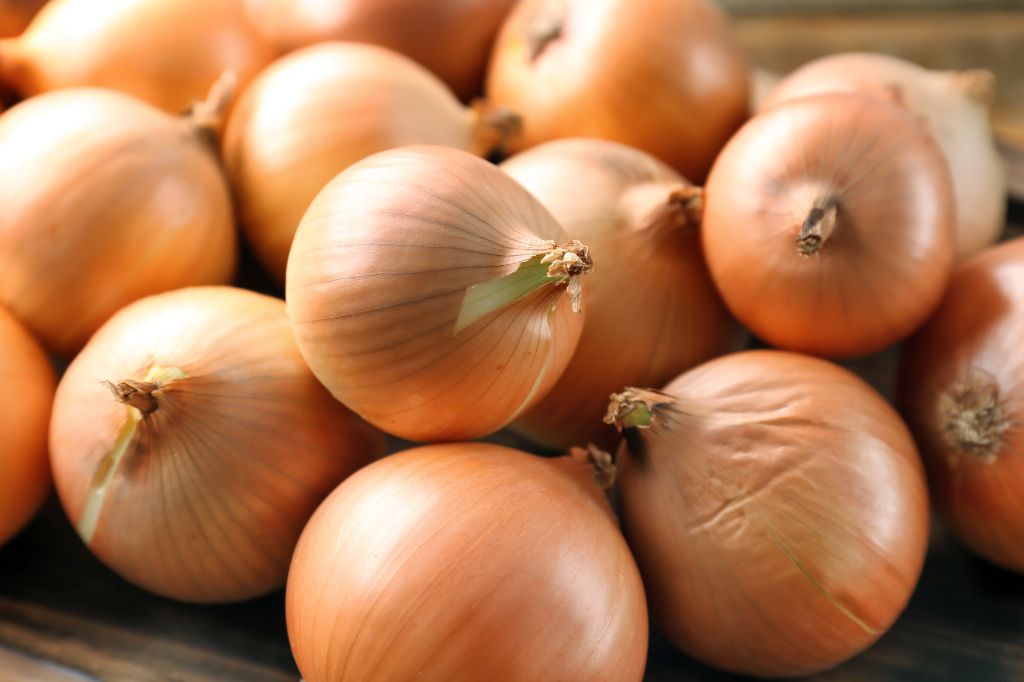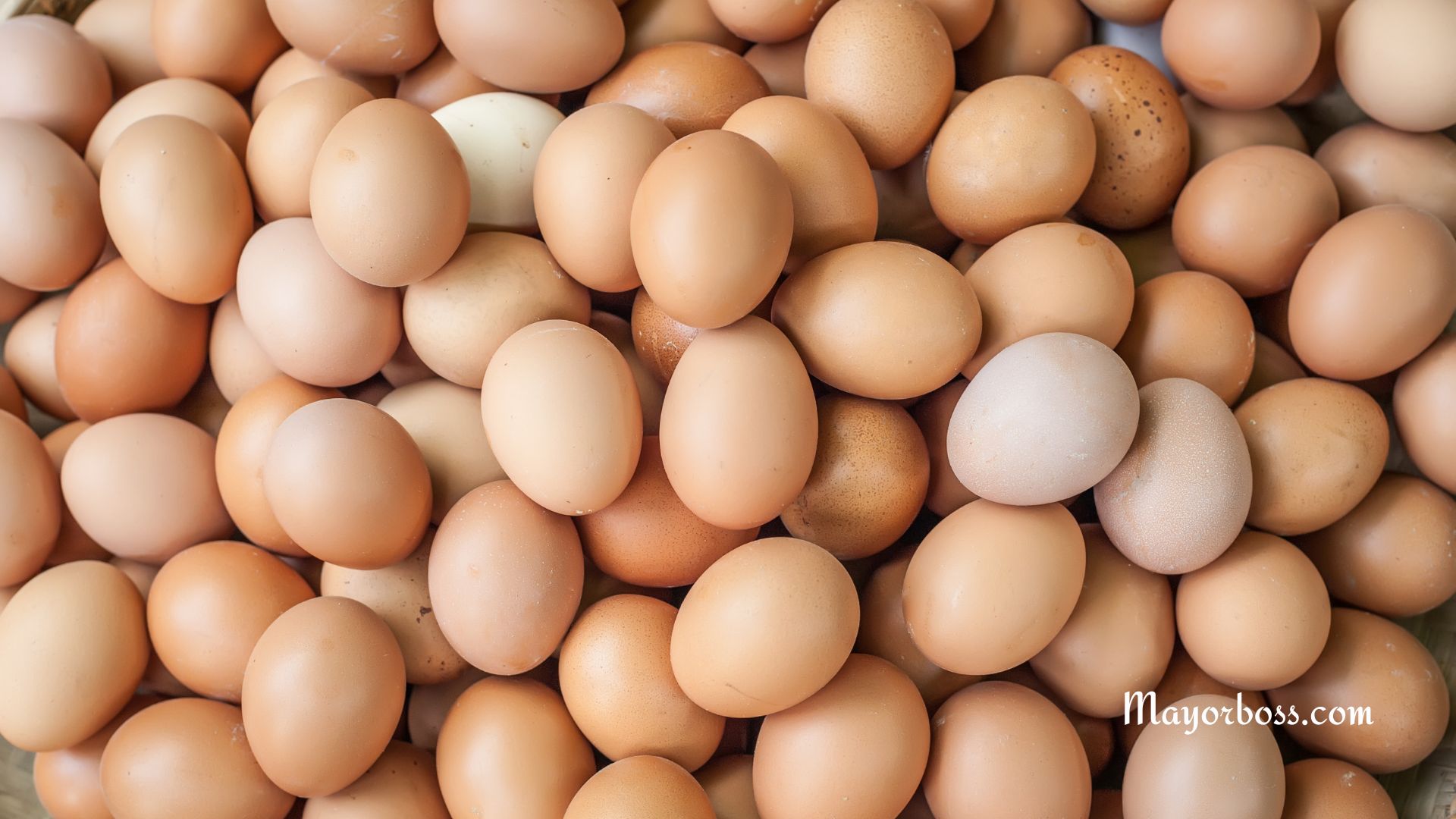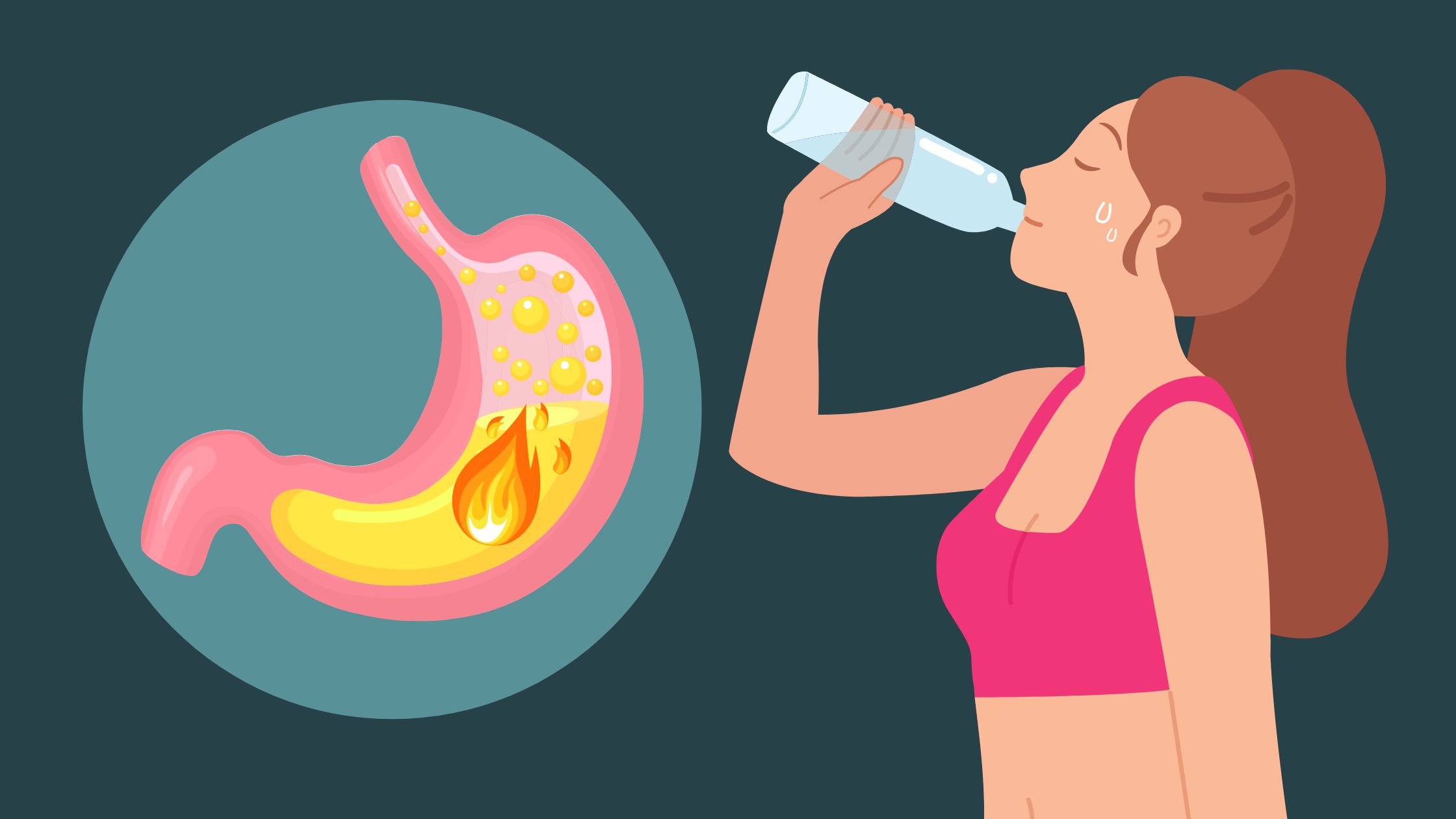How Fiber Benefits Your Health
Did you know that eating enough fiber is crucial for a healthy, vibrant life? This often-overlooked nutrient doesn’t get the same kind of attention as vitamins or protein, but it’s vital for several bodily functions. In this article, we’ll dive into the benefits of fiber, how it works, and simple ways to get more of it in your diet.

What is Fiber?
In a nutshell, fiber is the indigestible part of plant-based foods. It passes through your digestive system mainly intact, playing a range of supportive roles along the way. There are two primary types of fiber:
- Soluble fiber: Found in oats, beans, apples, and other foods, soluble fiber dissolves in water to form a gel-like substance.
- Insoluble fiber: This type of fiber, found in whole grains, vegetables, and nuts, acts like a bulking agent. It pushes waste through the digestive system and adds bulk to stool.
Why is Fiber Important?
Fiber is essential for optimal health. Here’s a breakdown of some of its key benefits:
1. Digestive Health
- Regularity: Fiber promotes regular bowel movements and prevents constipation by adding bulk to your stool and softening it.
- Improved Gut Microbiome: Soluble fiber serves as a prebiotic, which means it provides food to the beneficial bacteria present in your gut. In particular, a healthy gut microbiome is vital for digestion, immunity, and overall well-being.
2. Heart Health
- Lowering Cholesterol: Soluble fiber binds to cholesterol in the digestive system, reducing the amount your body absorbs. This helps lower total cholesterol and LDL (“bad”) cholesterol.
- Reduced Blood Pressure: Some studies have linked high-fiber diets to decreased blood pressure levels.
3. Blood Sugar Control
- Reduced Sugar Spikes: Soluble fiber slows down the absorption of carbohydrates, leading to steadier blood sugar levels rather than sharp spikes.
- Insulin Sensitivity Improvement: Fiber can help improve insulin sensitivity, a vital factor in preventing type 2 diabetes.
4. Weight Management
- Feeling Full and Satisfied: High-fiber foods are satiating, making you feel full faster and for a longer time. This reduces the temptation to snack excessively.
- Lower Calorie Absorption: Some research suggests that fiber might reduce the number of calories you absorb from other foods.
5. Reduced Risk of Chronic Diseases
- Colorectal Cancer Prevention: Research indicates that high-fiber diets may lower the risk of developing colon cancer.
- Improved Overall Health: Studies suggest that adequate fiber intake may lower the risk of stroke, heart disease, and type 2 diabetes.
How Much Fiber Do You Need?
The recommended daily intake of fiber varies by age and gender:
- Women under 50: 25 grams per day
- Women over 50: 21 grams per day
- Men under 50: 38 grams per day
- Men over 50: 30 grams per day
How to Increase Your Fiber Intake
If you’re not eating enough fiber, don’t worry. It’s easy to boost your intake with a few simple changes:
- Eat Whole Grains: Swap white bread for whole-wheat bread, white rice for brown rice, and regular pasta for whole-wheat pasta.
- Choose Fruits and Veggies: Add fruits and vegetables to every meal. Look for colorful and varied choices.
- Pick High-Fiber Cereals and Snacks: Pick breakfast cereals containing at least 5 grams of fiber per serving. Snack on nuts, seeds, or vegetables with hummus.
- Eat Beans and Legumes Regularly: Try to add lentils, dried peas, or beans to your meals a few times a week.
Important Note: Increase your fiber intake gradually to avoid stomach discomfort. Also, be sure to drink plenty of water to help fiber work its magic!
What Foods are High in Fiber?
Here’s a table listing various high-fiber foods along with their fiber content per serving:
| Food | Fiber (grams per serving) |
|---|---|
| Lentils | 15.6g per cup (cooked) |
| Black Beans | 15g per cup (cooked) |
| Chia Seeds | 10.6g per ounce |
| Avocado | 10g per cup (cubed) |
| Asian Pear | 9.9g per medium fruit |
| Raspberries | 8g per cup (raw) |
| Green Peas | 7.2g per cup (cooked) |
| Whole Wheat Pasta | 6.3g per cup (cooked) |
| Oats | 4g per half cup (raw) |
| Almonds | 3.5g per ounce |
Frequently Asked Questions
1. Are fiber supplements as good as natural fiber? While fiber supplements have some benefits, it’s better to prioritize whole foods whenever possible. Natural foods contain vital nutrients alongside fiber, ensuring a wider array of health benefits.
2. Can everyone eat lots of fiber? Most people can safely increase their fiber intake. However, if you have digestive problems like Irritable Bowel Syndrome (IBS), you may need to consult your doctor first.
3. Is too much fiber harmful? Excessive fiber intake can sometimes cause bloating or gas. Remember to increase intake gradually and stay hydrated.
In Conclusion, Fiber truly is a dietary superstar. From improving digestion to supporting heart health and weight management, this humble nutrient delivers in many ways. Make a conscious effort to up your fiber intake, and you’ll be setting yourself up for a healthier, more vibrant life!






